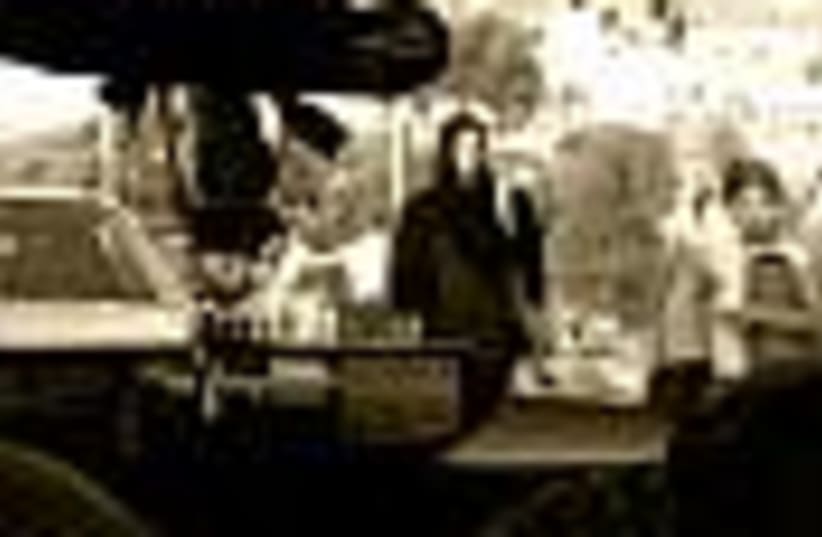| More about: | Katamon, Association for Civil Rights in Israel, Jerusalem, Israel |
Fare's fair?
Discrimination against non-Jewish taxi drivers is illegal - and widespread.


| More about: | Katamon, Association for Civil Rights in Israel, Jerusalem, Israel |